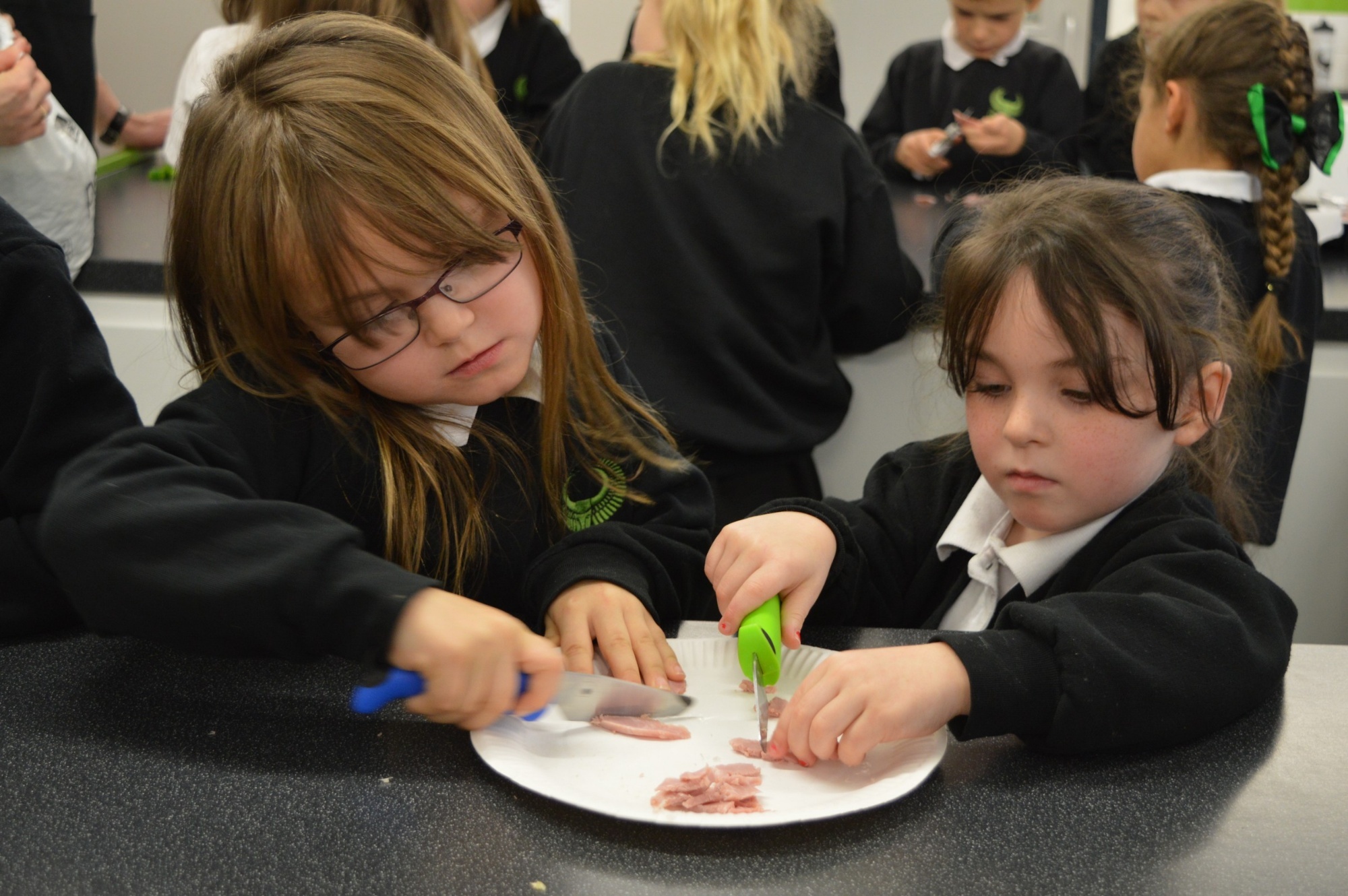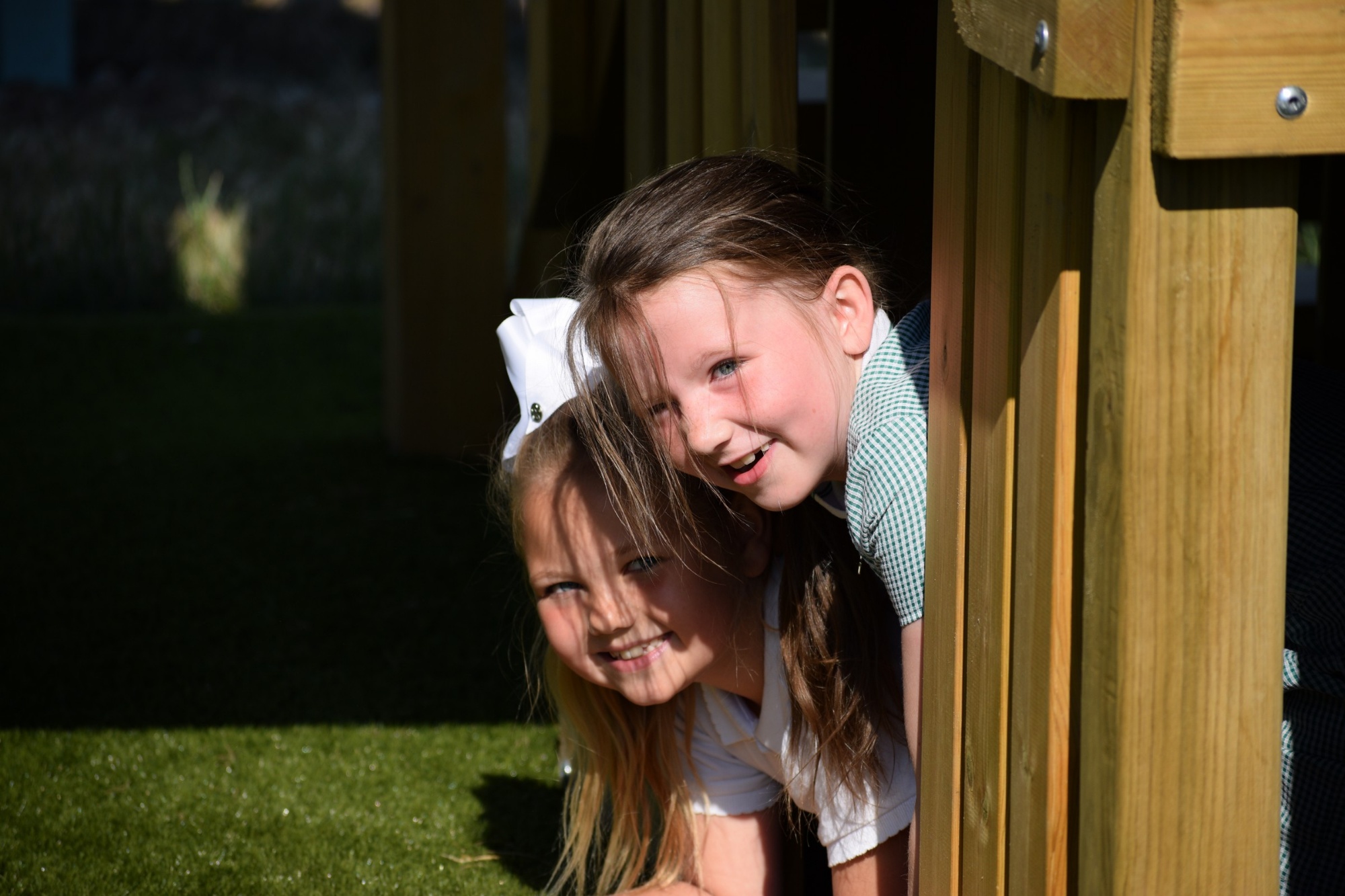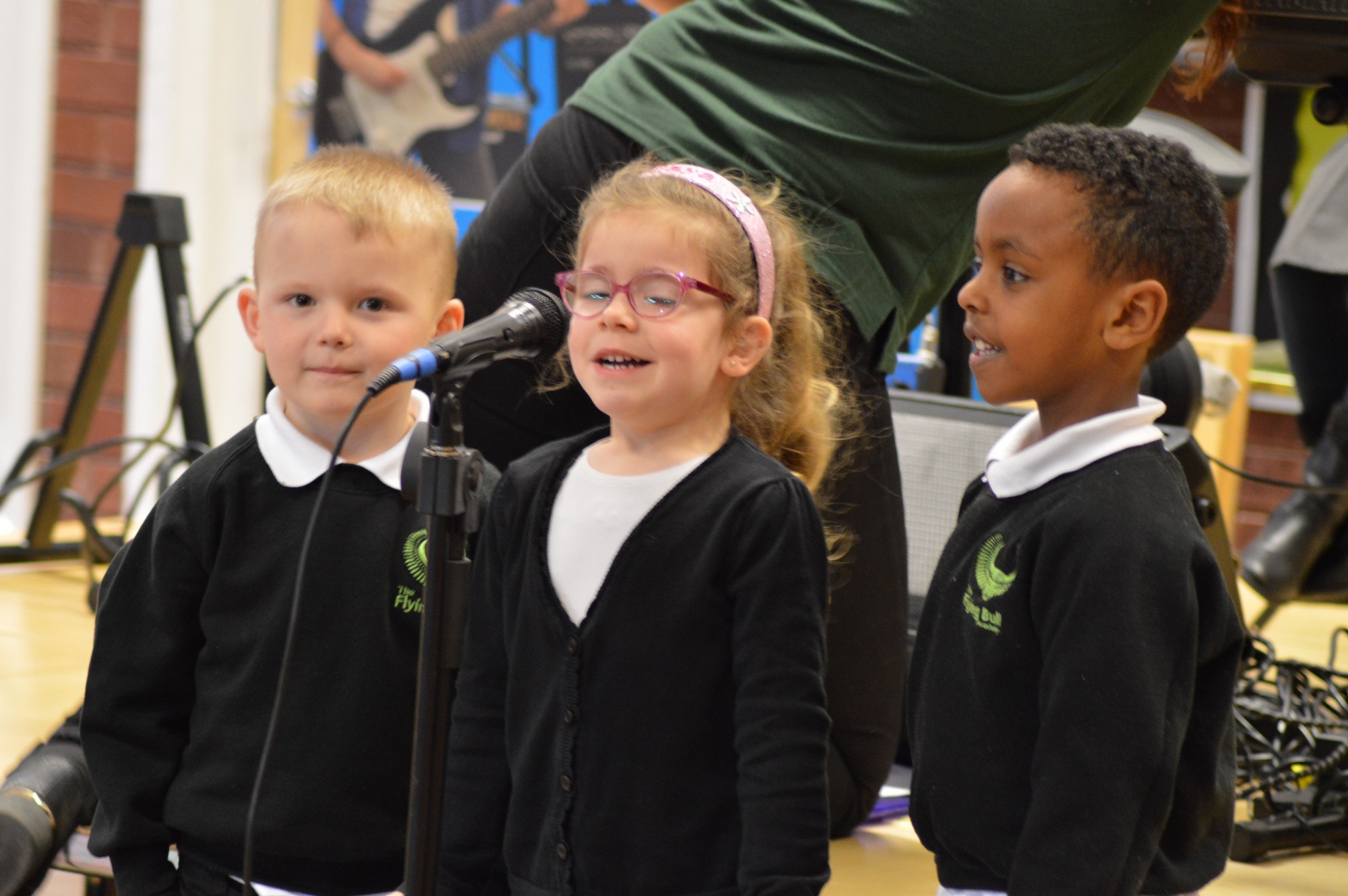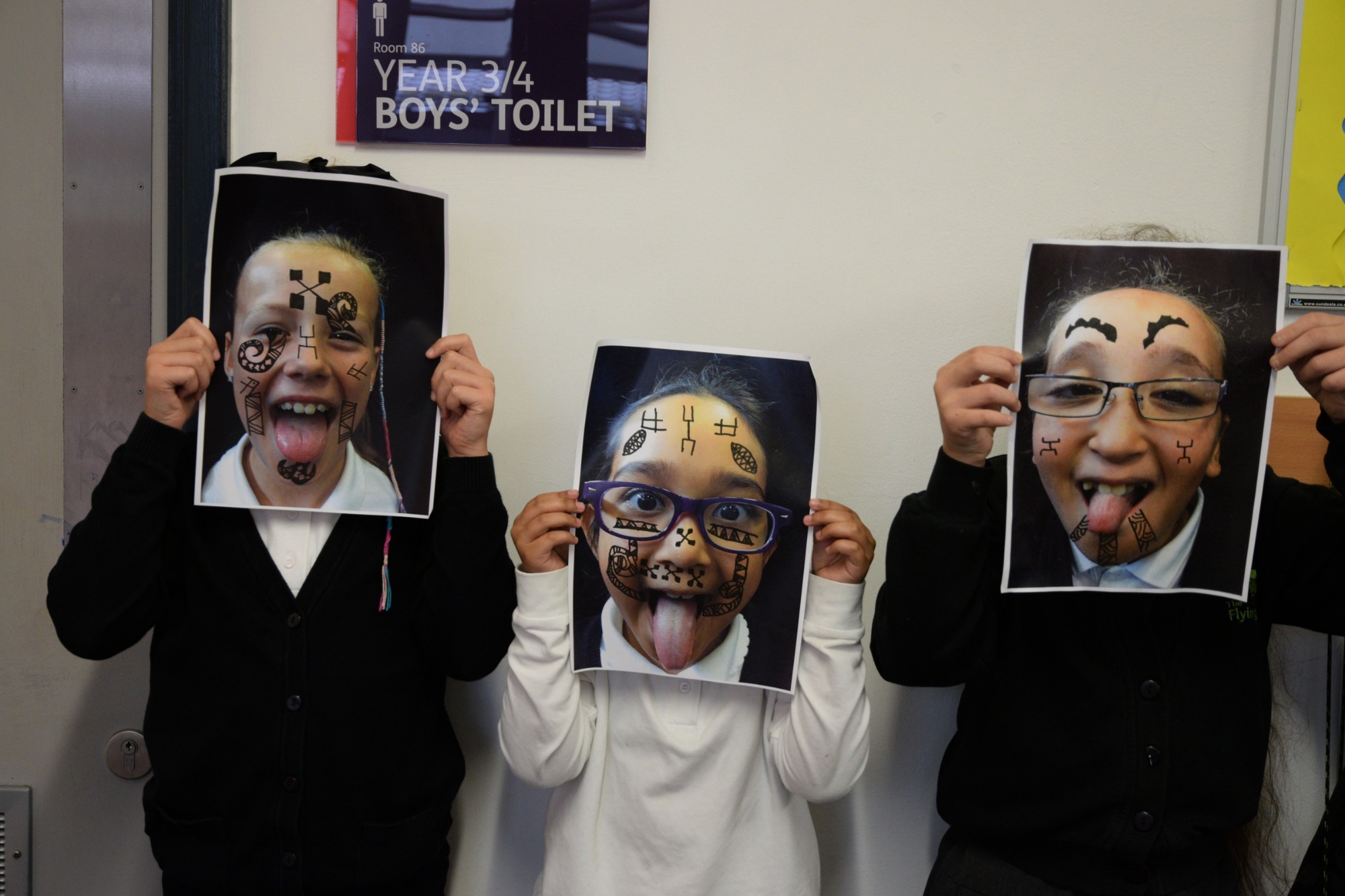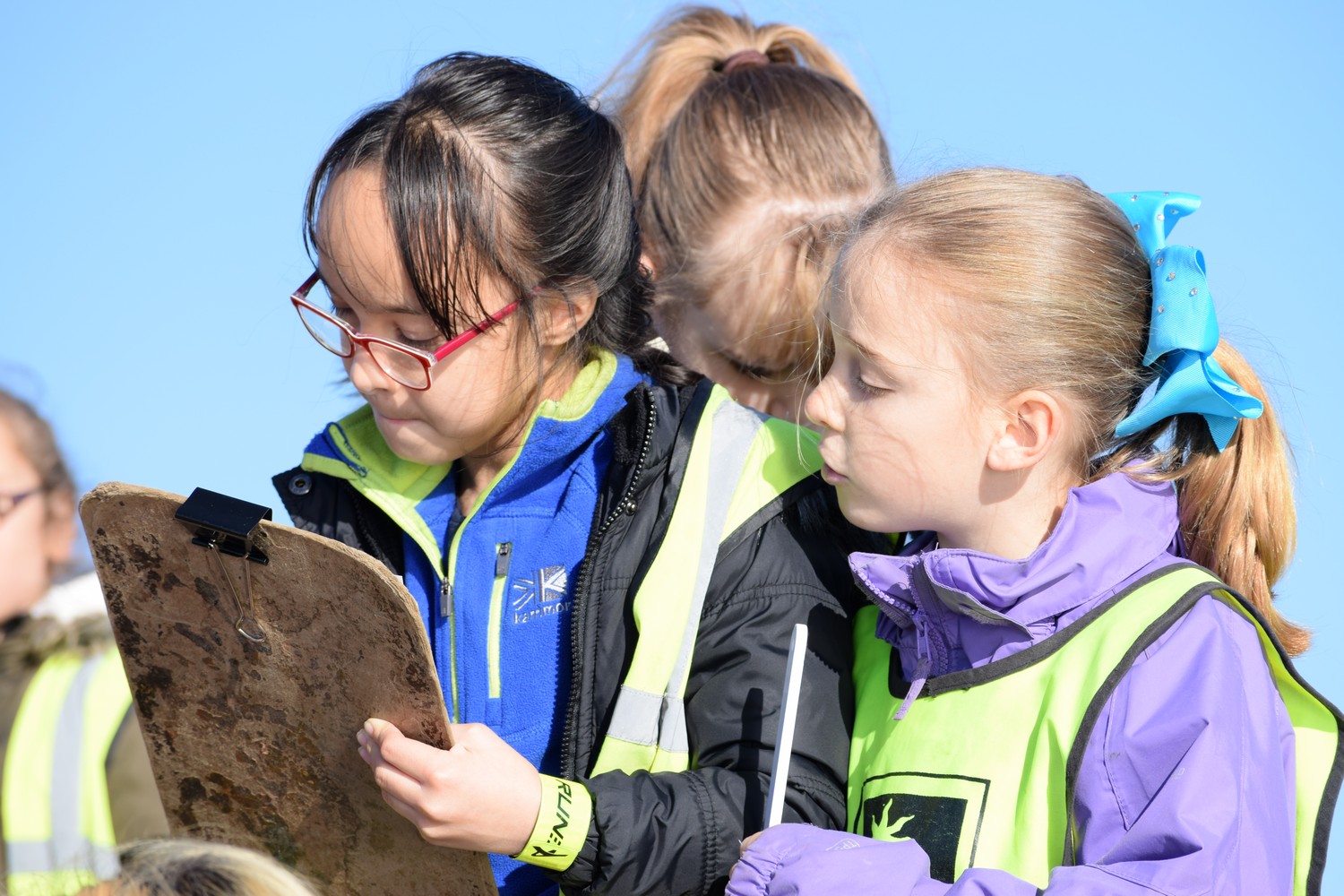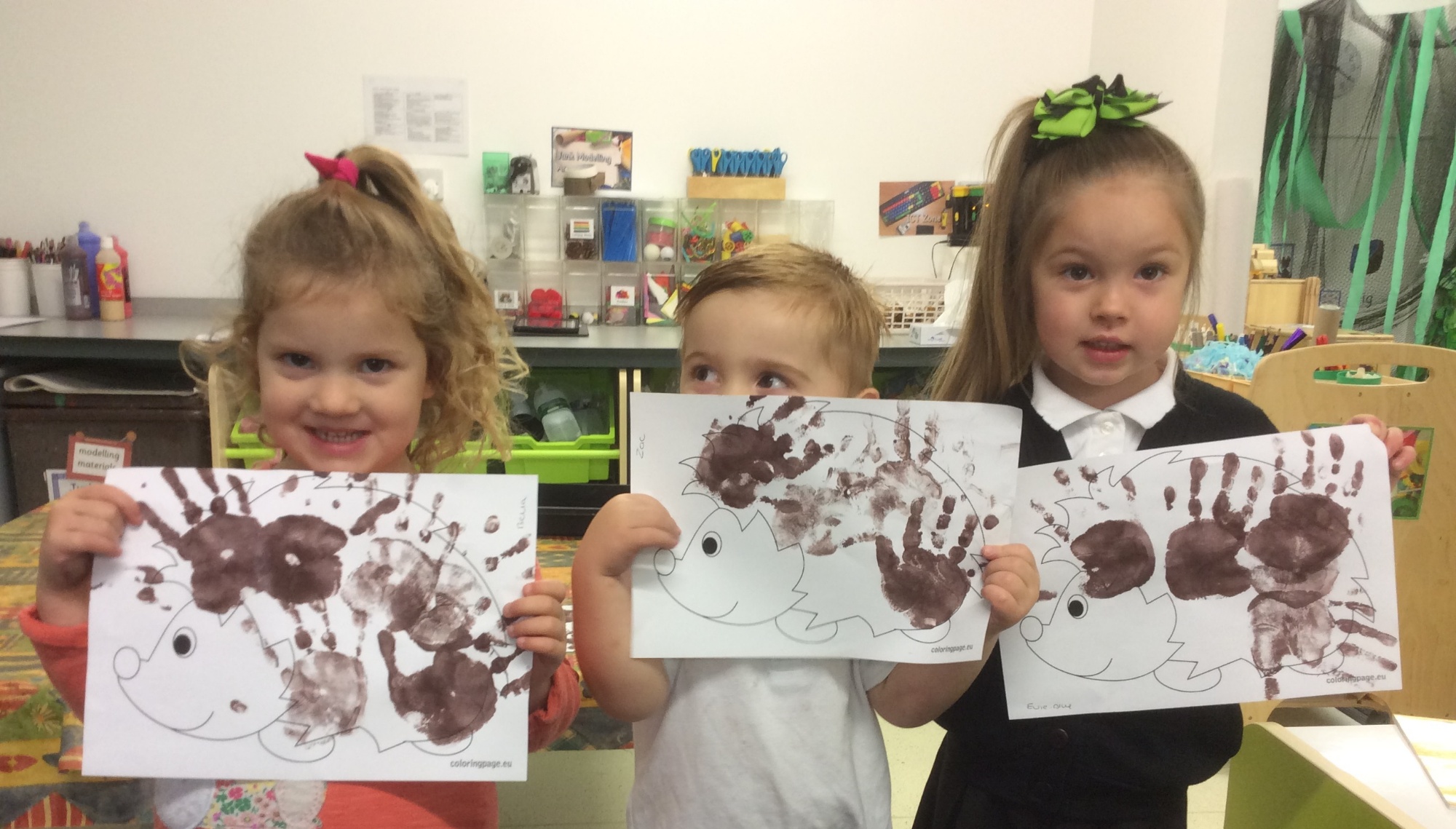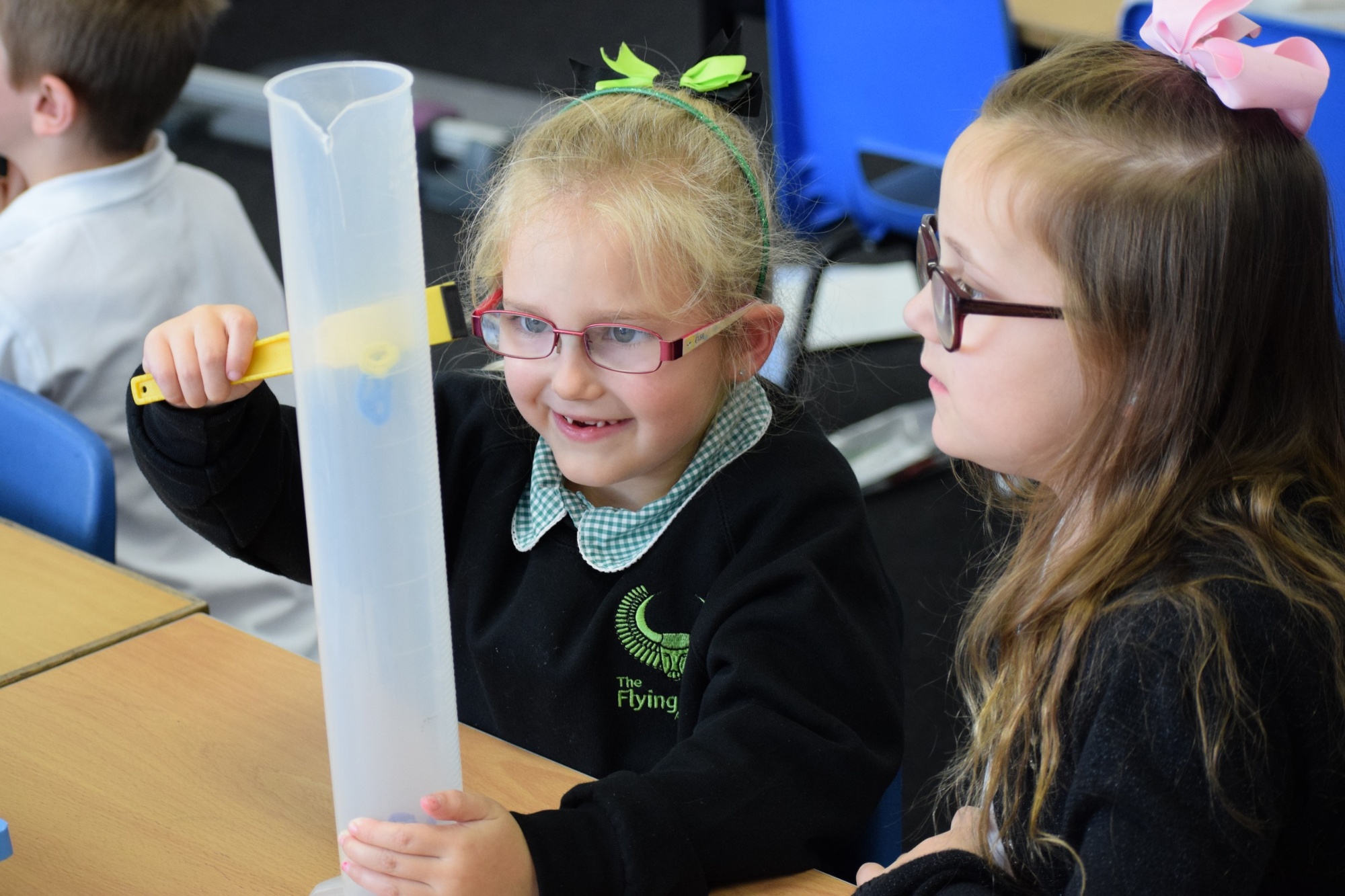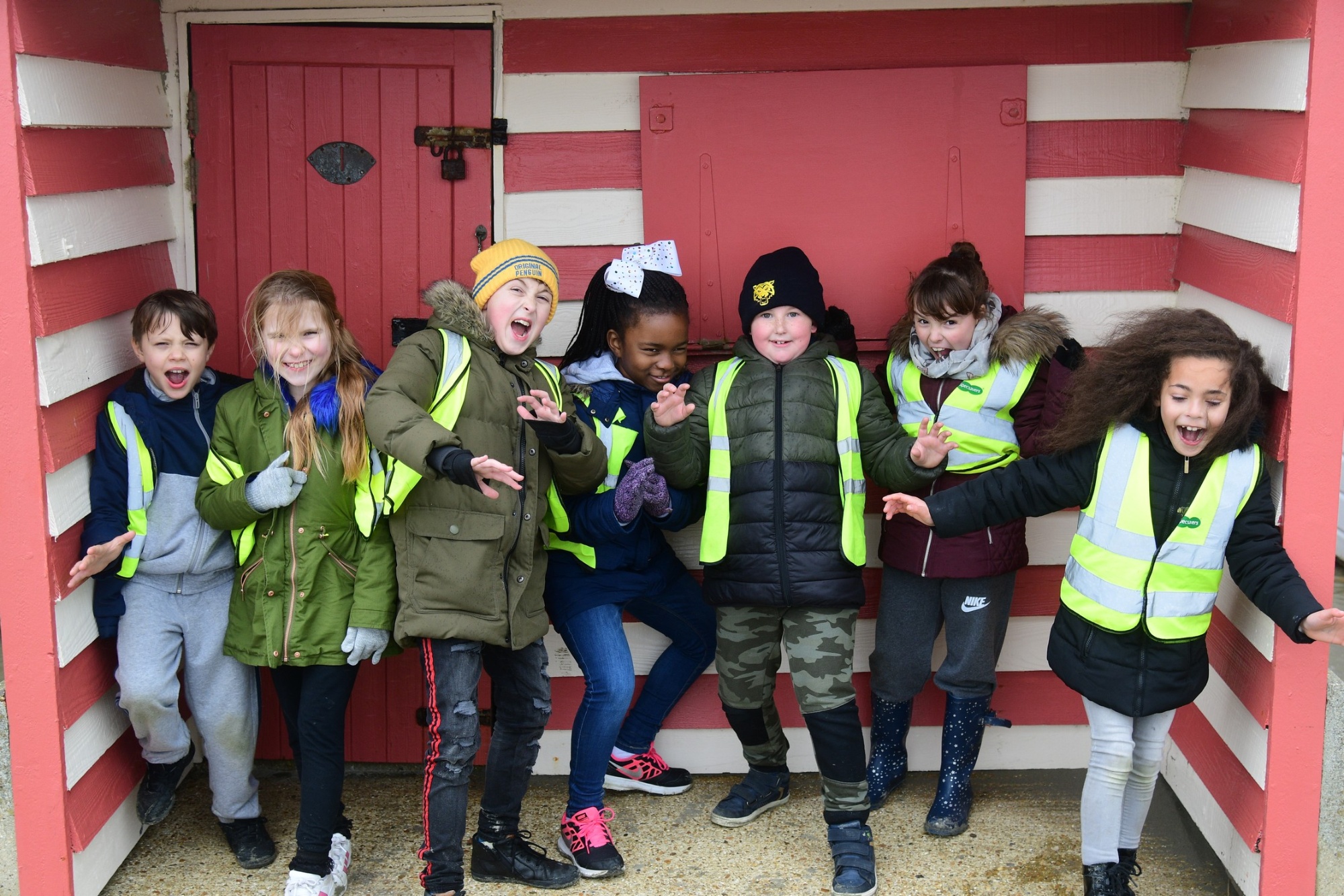Curriculum
Intent
We have four curriculum drivers which were arrived at after consultation with all staff and governors – Aspiration, Co-operation, Resilience and Respect.
The academy has a strong Teaching and Learning Policy. It was created with contributions from children, staff, parents and governors. The document underpins the approach towards teaching and learning which can be seen in the lesson observation feedback.
We structure learning across the curriculum using the Chris Quigley ‘Essentials’ approach using the Basic, Advancing and Deep model. This allows children to encounter learning in the first instance and apply the knowledge and skills which they have learned leading to pupils who have a deep understanding of the content. In revisiting the Threshold Concepts from Year 1 to Year 6, pupils will be able to know more, remember more and do more.
Implementation
To take account of the context of our children, we have designed an engaging range of topics and opportunities for all curriculum subjects from Year R to Year 6, which are reviewed annually by the subject leadership team. The academy’s philosophy is that the topics are brought to life through a range of well-planned opportunities to enrich learning, e.g. school visits, external visitors, focused activities with parent/carer involvement.
To ensure progress through these topics, the academy has created a Knowledge and Skills progression for each subject based on the Chris Quigley’s ‘Essential’ Curriculum from Years 1 to 6. This ensures the National Curriculum is covered. We use ‘Development Matters’ to ensure children make progress across the EYFS. The strategic approach to CPD ensures high quality teaching and strong subject knowledge, for example, how expertise in Phonics is shared across the academy to support new staff and staff in KS2.
All teachers are part of a subject leadership team, they carry out a subject audit annually with a member of the SLT. This process leads to the development of an action plan where they can address areas for development through opportunities available, e.g. PDM time, release time, external expert support.
Our teachers are skilled at using Assessment for Learning and use a range of strategies to support the assessment picture they build for every child. These include termly Pupil Progress Meetings (Half termly for Year 2 and 6), transition meetings in the summer term, Phonics Screening, Times Table band assessments, writing moderation both external and internal, STAR Reading Assessments, and twice yearly PIRA/PUMA/GAPS assessments for years 1 to year 6.
We pride ourselves on our meticulous and comprehensive approach to reading evidenced by the positive outcomes at the end of KS2 – both in attainment and progress. The academy uses well researched approaches to develop fluency, confidence and enjoyment of reading.
Little Wandle is our chosen validated phonics scheme which is used from Early Years through KS1 before children progress to Accelerated Reader. Pupil Premium resources are used to support early reading in EYFS and KS1.
Impact
KS2 outcomes show progress in Reading and Maths was significantly above national. Attainment shows a 3 year rising trend with 2018/2019 outcomes being above national in all areas. These results, combined with our comprehensive curriculum ensures children are well prepared for KS3.
2019/2020 KS2 outcomes are in line with FFT20 predictions.
Disadvantaged and SEND pupils make progress that is at or above the national average.
Progression is tracked through timetabled academy activities involving relevant staff members, e.g. Teaching and Learning Reviews, Subject Audits, Pupil Progress Meetings, Work Scrutiny, Moderation.


